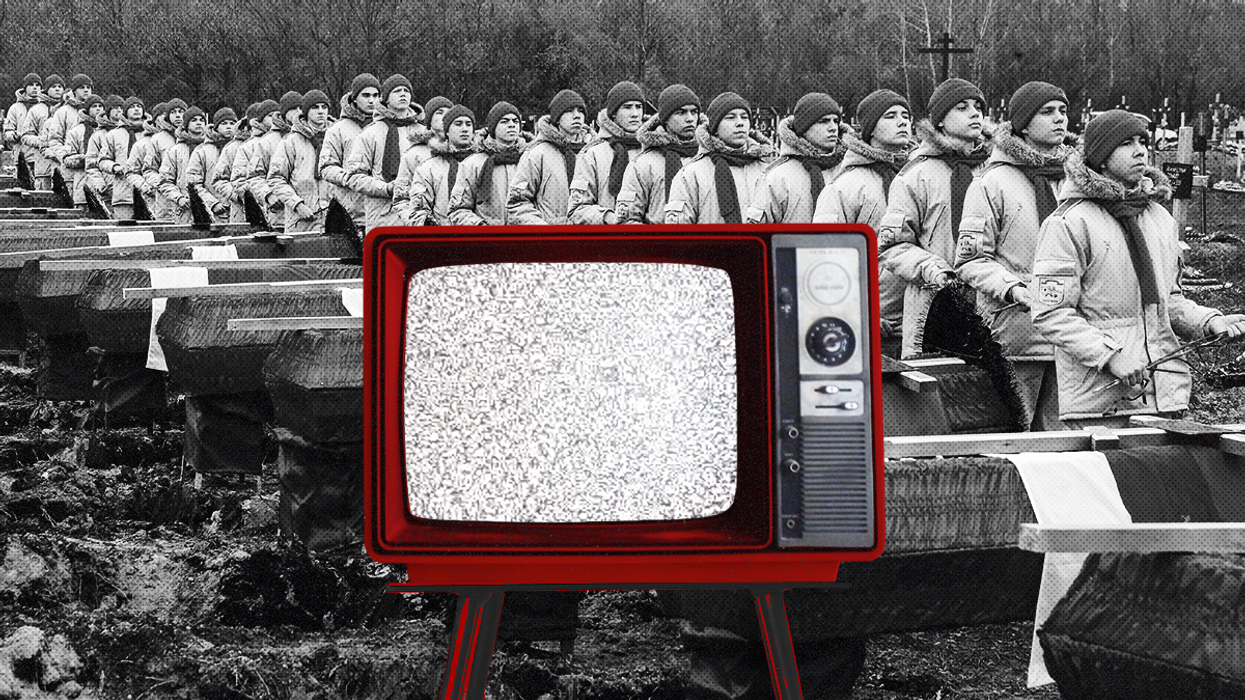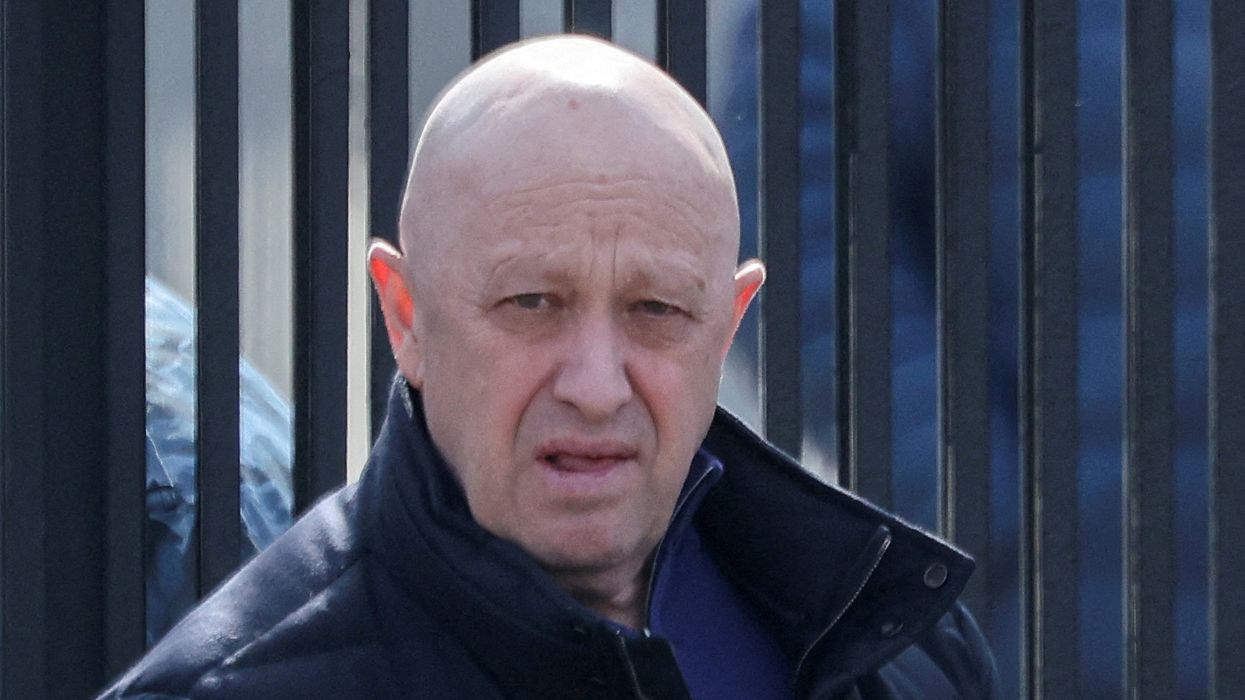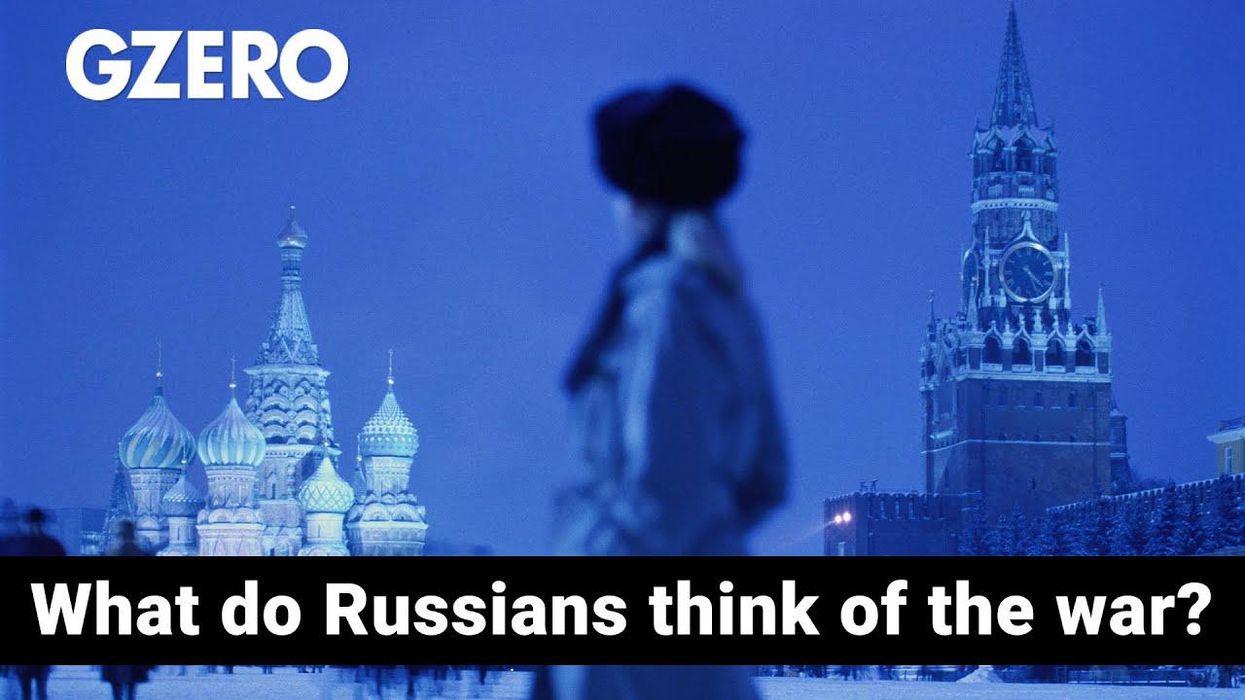Analysis
Russia’s last independent pollster tells me how Putin does it
How does Vladimir Putin manage to keep this up? For all the destruction he’s visited on Ukraine, his invasion has also inflicted so much damage on Russia ... And yet, there’s hardly been a peep from Russian society. GZERO's Alex Kliment takes a look in his weekly column.
Feb 23, 2024



